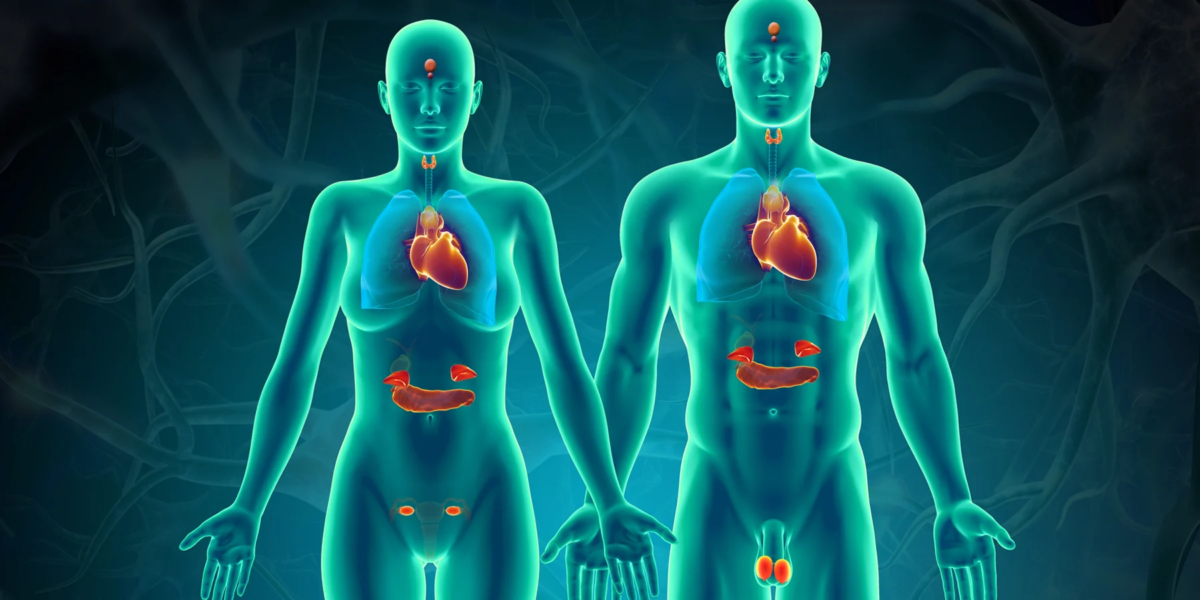6 Vital Hormones and Their Functions in Your Body

Everyone understands what hormones are, but most of us have little understanding of what hormones do in our bodies. Hormone balancing is one of the treatments provided by Dr. Amit Goel at A.G.Centre, Hyderabad. Hormones affect your health in a variety of ways, some of which may surprise you.
Hormones are released by a network of glands as part of your endocrine system. Internal systems such as metabolism, body temperature, and reproduction (among many others) may suffer when your glands generate too much or too little of a specific hormone.
There are many more hormones in your body, and they are all vital for different reasons, but these six are frequently troublesome for patients.
- T3 and T4
The two most significant thyroid hormones are T3 and T4. Your thyroid controls your metabolism, which means it influences digestion, appetite, and overall energy levels.
Your thyroid can produce too much hormone, which is known as hyperthyroidism, or too little, which is known as hypothyroidism. Hypothyroidism is more prevalent.
- Melatonin
Several hormones aid in the regulation of your sleep/wake cycles, also known as your circadian rhythm. Melatonin is one of them. Sunlight inhibits melatonin synthesis, which is released by your pineal gland.
When it turns dark at night, your body produces more melatonin, making you sleepy. Because your computer, mobile phone, and television all limit the amount of melatonin you generate, wear blue-blocking glasses at night or avoid using these devices 1-2 hours before bedtime.
- Testosterone and Progesterone
Because progesterone is mostly generated in the ovaries and testosterone is primarily produced in the testicles, these two hormones are commonly referred to as “female” and “male” hormones. Both hormones have a role in reproduction.
Women who do not have enough progesterone may have irregular menstrual periods, headaches, unexpected mood swings, and, most significantly, sleep loss!
Men with low testosterone levels may have reduced sex desire, hair loss, lethargy, and muscle mass loss, among other symptoms.

- Cortisol
Short-term and long-term stress activates several systems in your endocrine system. In the traditional fight-or-flight response, your body releases both cortisol and adrenaline.
When you are under long-term (chronic) stress, your body produces cortisol and other stress chemicals. Obesity, cardiovascular disease, anxiety and depression, and a variety of other disorders have all been linked to chronic stress.
- Insulin
Everyone is aware that persons with Type 1 and Type 2 diabetes have elevated blood sugar levels. Insulin is required for your body’s cells to effectively utilize the glucose in your circulation. Diabetes is characterized by either a lack of insulin or by the body’s inability to appropriately utilize the insulin that it does have.
Typically, before developing Type 2 diabetes, a person has prediabetes and insulin resistance, which means they have more glucose in their bloodstream than normal because their body is no longer as sensitive to insulin.
The blood sugar is not high enough to be diagnosed with Type 2 diabetes, but the risk of developing it is much higher.
- Estrogen
Women’s bodies generate less estrogen as menopause approaches. Estrogen is essential for bone health, and a lack of it is linked to osteoporosis, a disease in which your bones become porous and weak.
If your body produces too much or too little of any of these six hormones, you may have nonspecific symptoms that you can’t exactly pinpoint. You may simply feel “odd” and be unable to describe what is causing this.
